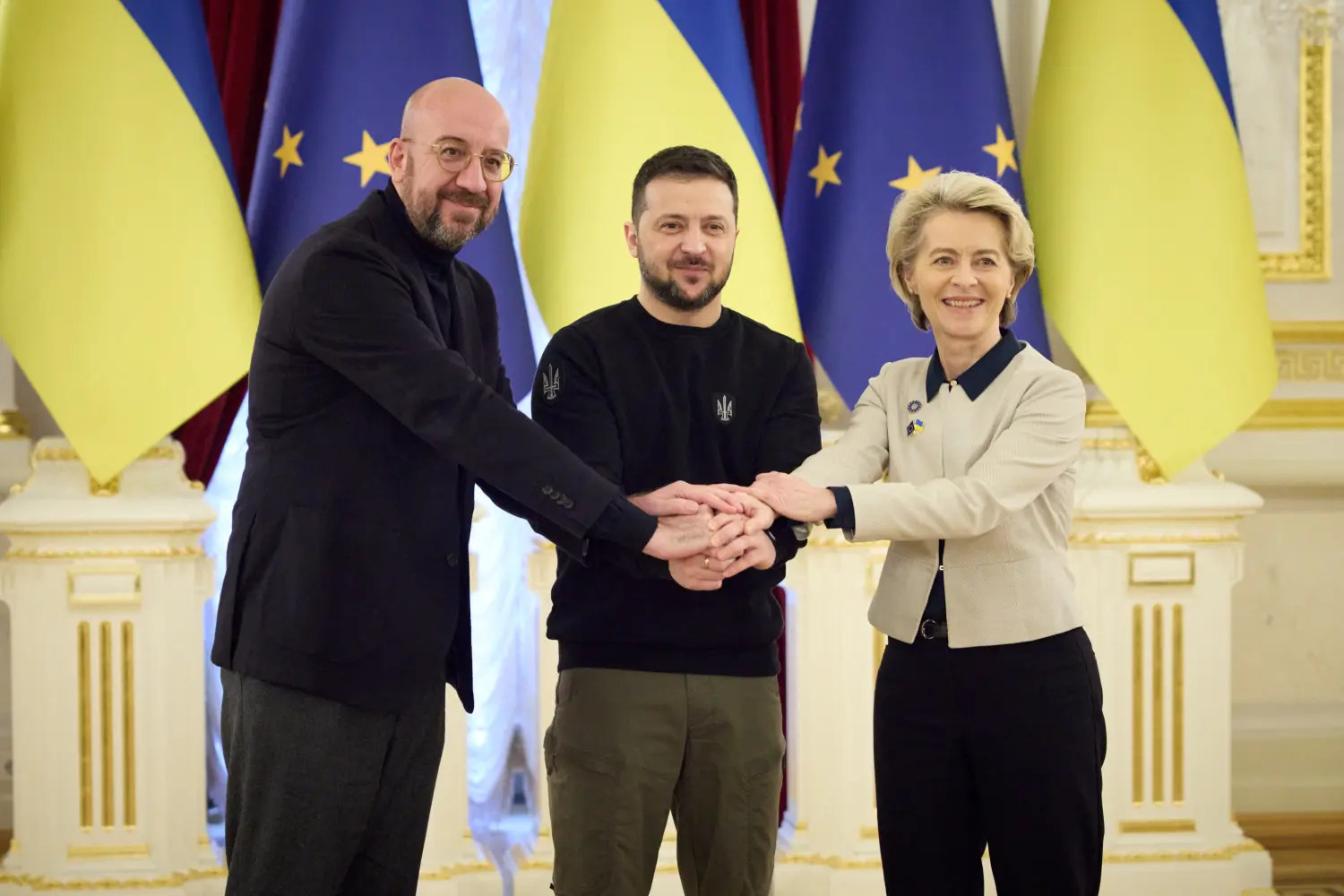Polish authorities announced on October 13, 2025, that a district court in Sosnowiec received an indictment against two Russian citizens accused of working for the FSB. They allegedly transmitted sensitive information jeopardizing national security, constituting a breach of Article 130 §2 of Poland’s Penal Code National Prosecutor’s Office.
Investigation Findings
Authorities established that the male suspect collaborated with the FSB from February to August 2022, collecting information on Russian opposition figures in Poland and on entities supporting them. This intelligence was passed to his wife on an encrypted device for delivery to Russian operatives. The couple has been in temporary detention since July 2024, while separate proceedings continue against other individuals connected to the case, coordinated with the Internal Security Agency in Katowice.
Expansion of Russian Intelligence Operations
Russia has increasingly targeted EU and NATO countries, combining traditional espionage with cyber operations. Critical infrastructure—including energy networks, transport systems, and technological assets—remains a focus, alongside military and political intelligence. These operations aim to disrupt domestic stability, reduce trust in institutions, and support hybrid warfare objectives, including limiting backing for Ukraine.
Tactics and Recruitment
Russian intelligence often employs temporary agents recruited online via platforms like Telegram, paid in cryptocurrency. These individuals, including criminals, migrants, or youths, are tasked with sabotage targeting infrastructure and Ukrainian support systems, enabling Russia to maintain deniability despite growing counterintelligence successes.
Recent Threats and Incidents
In early October, Poland apprehended a GRU operative planning sabotage using explosives stored in corn silos and drones, with potential operations extending to Lithuania and Germany. Polish officials note increasing cyber threats to critical infrastructure, with the National Security Bureau head asserting that “Poland is now at war with Russia in cyberspace.”
Strengthening Counterintelligence
In response, EU and NATO states have intensified counterespionage measures, leading to unprecedented numbers of exposed Russian agents and expulsions of suspected operatives. Despite these actions, Russian intelligence activity in Europe continues at high levels, maintaining strategic pressure across allied nations.












